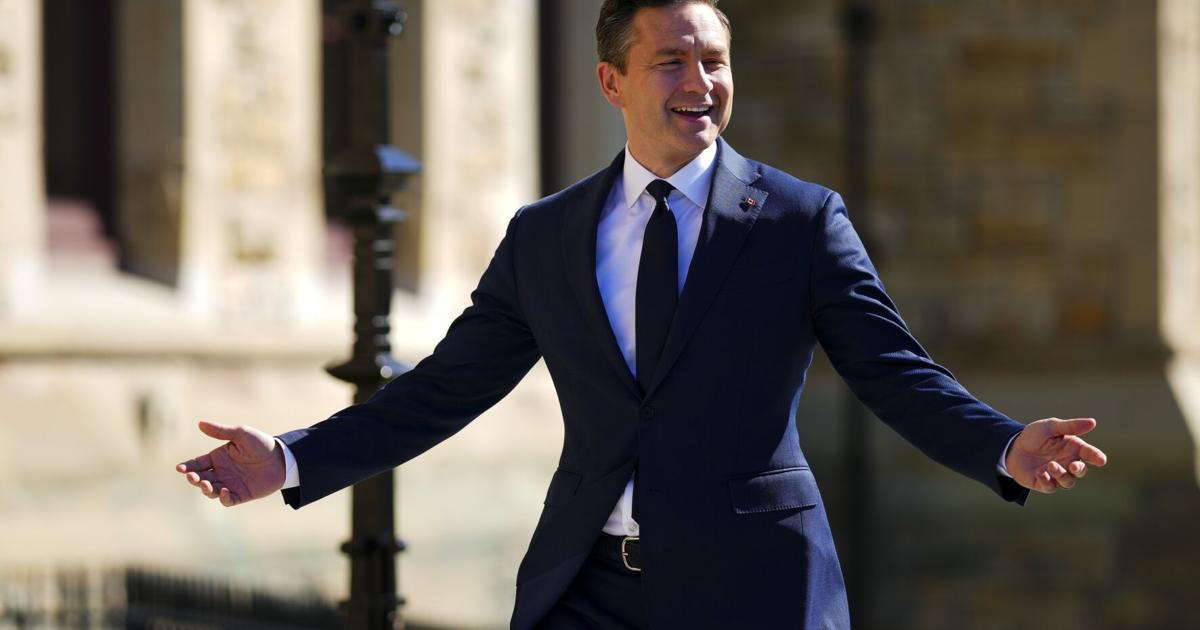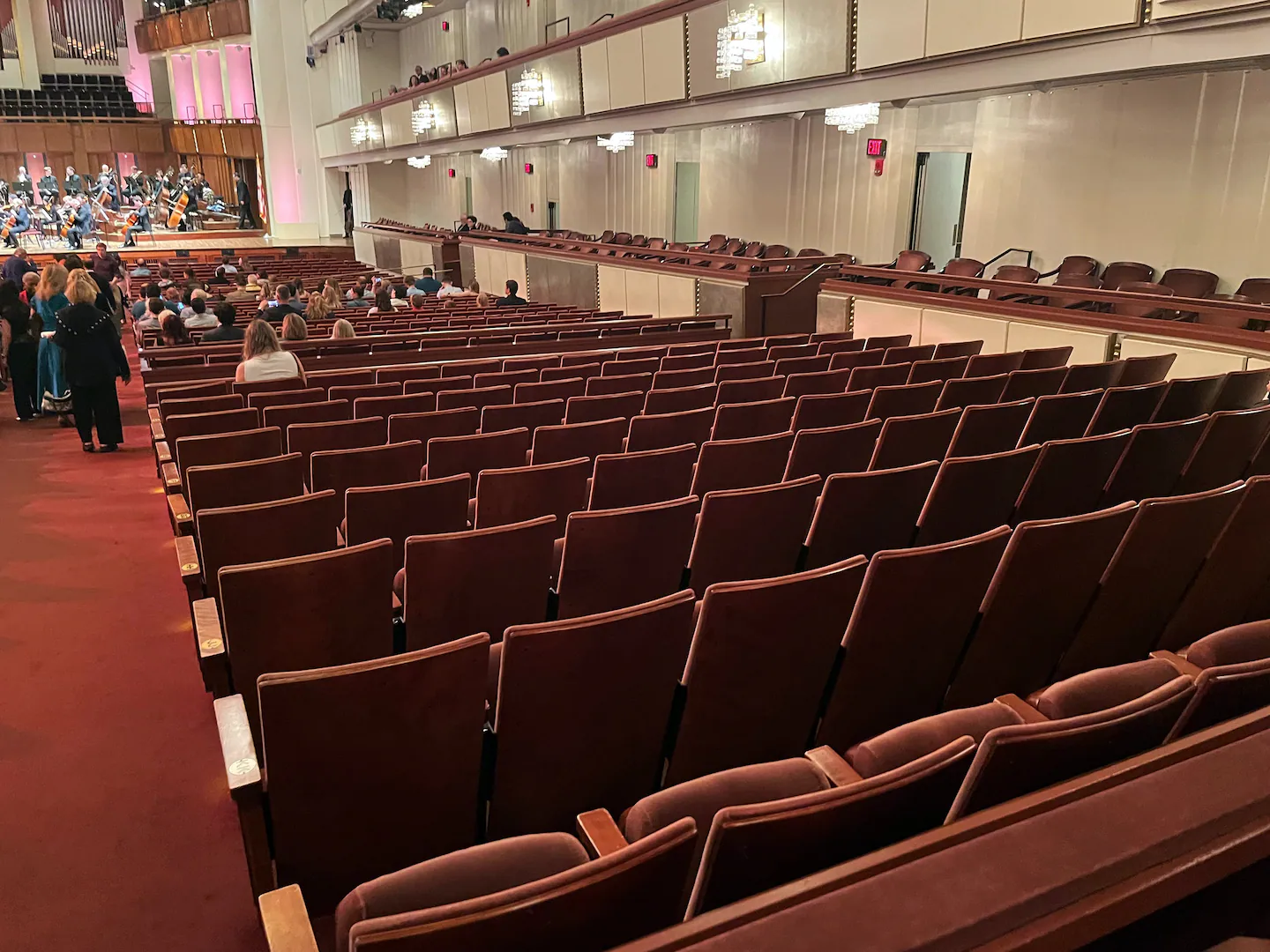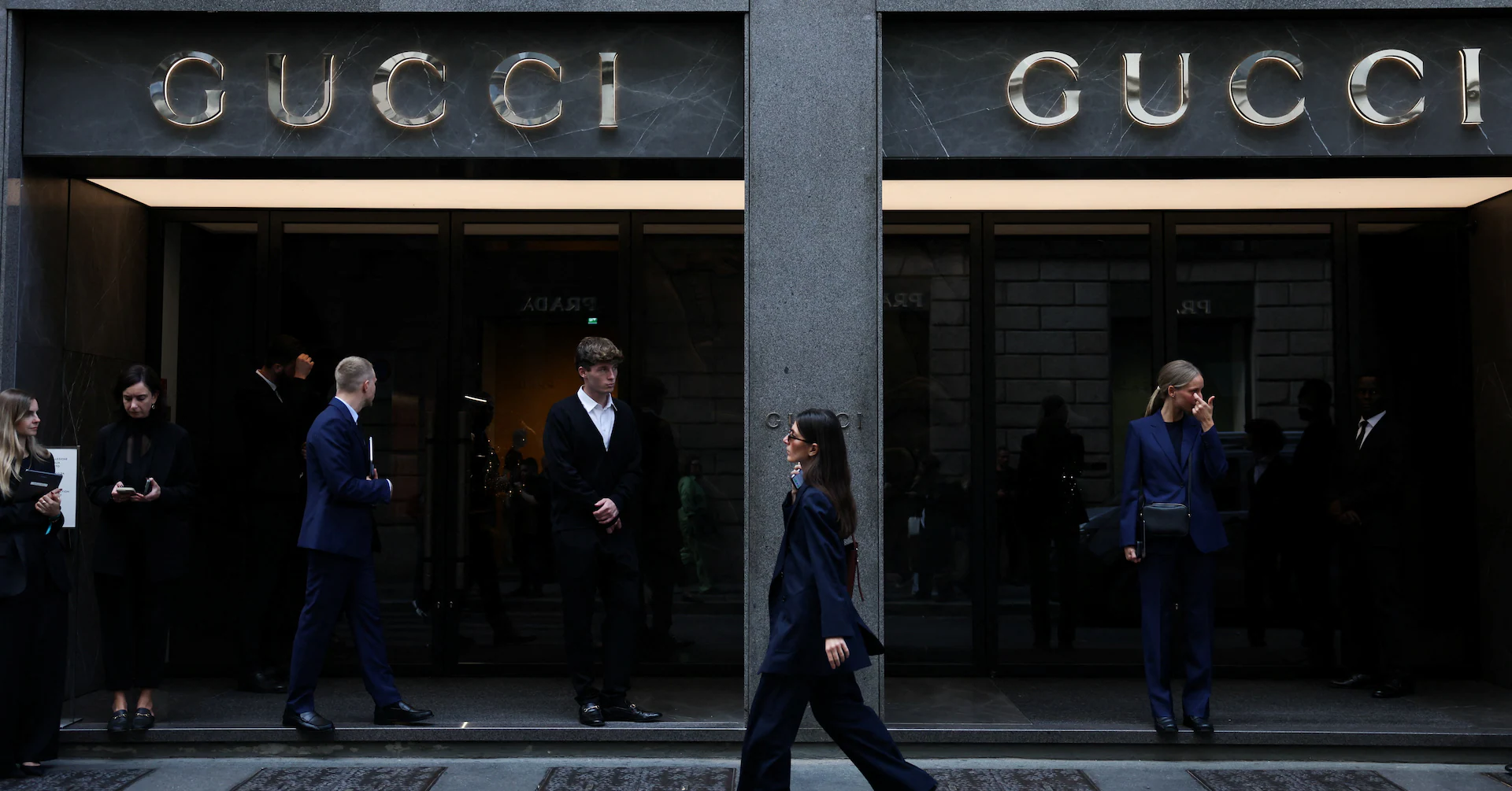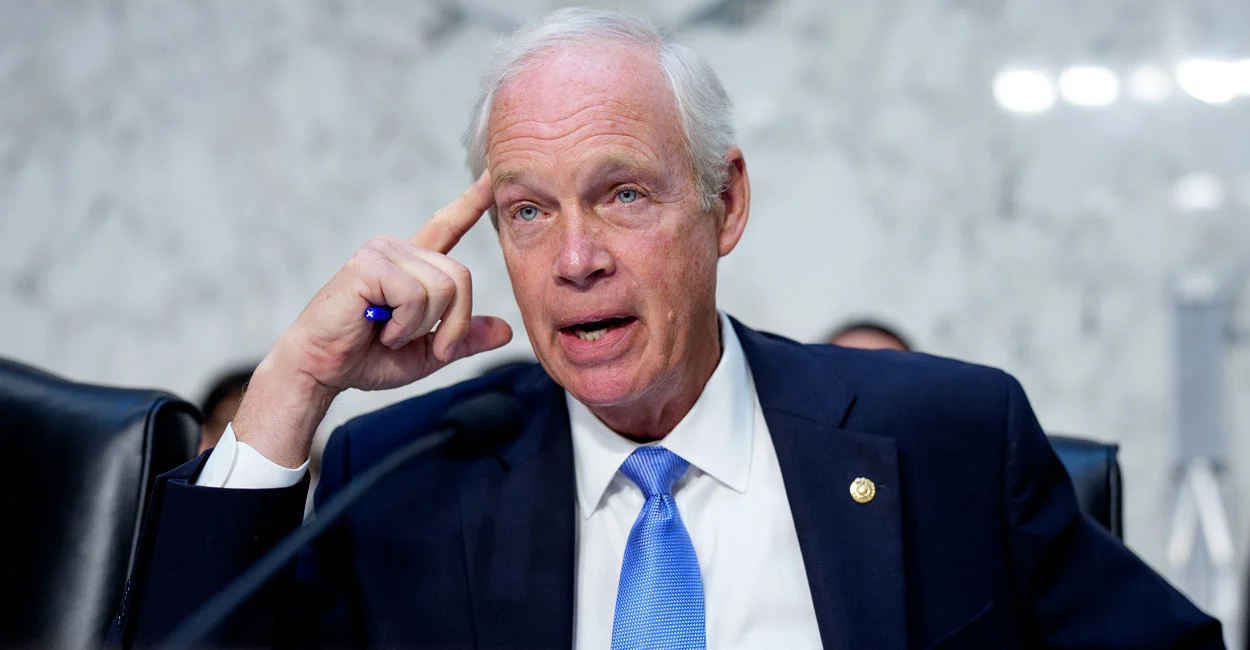Copyright thestar

It’s about time more Conservatives recognized the mistake their party made in letting Pierre Poilievre back in as leader — not exactly a smooth move. The trouble is, he’s not leading anyone anywhere, much less doing a good job of leading his party. He just foams at the mouth, making silly comments (e.g., about the RCMP) that tend to make Tories and Canadians in general angry. Canada needs party leaders who can help our country move forward in a positive way, especially with U.S President Donald Trump sticking his nose in our business. Poilievre won’t help us accomplish this. Chris Andrews, Vaughan, ON Andrew MacDougall should be worried that Poilievre is chasing the wrong audience, but more important: he should be worried that Poilievre is simply the wrong leader for the Conservatives. Spin it any way you like, but he squandered a massive polling lead when he lost to Prime Minister Mark Carney’s Liberals in the federal election on April 28. Yet instead of learning from the loss and the mistakes he made, Poilievre has taken to insulting the RCMP with unfounded accusations — making even more (and more sensible) Canadians turn away from the Tories. Charles Campisi, Oakville, ON It’s good that the Conservatives have started to doubt Poilievre’s suitability for the job of prime minister, but that doesn’t mean we should look to Stephen Harper as a better model. People with long enough memories will recall that Harper and his neoliberal confrères are the authors of many of the problems we face today, from privatization to deregulation, from program cuts to downloaded responsibilities. Harper’s obsession with nonexistent voter fraud, his censorship of scientists and curtailing of press access, not to mention his complex relationship with the truth, constituted an attack on our democratic traditions. And let’s not forget the snitch line he wanted to set up. I’ve never been a Conservative myself, but I can remember when the party at least seemed more honourable. Julie Beddoes, Toronto Arts students shouldn’t have to hit the jackpot It’s no surprise that “a 2017 University of Toronto study found students in the TDSB’s arts program were twice as likely to be white and disproportionately from wealthy households.” Still, it’s disappointing that the school board’s response was to replace merit-based entry criteria with a lottery system. Perhaps a qualitative analysis of the data would give us a deeper understanding of why students from low-income and minority families were not gaining entry to the arts programs that required auditions. How many such students were without the resources needed to access tutoring and lessons of the kind that give other applicants an advantage? How many hadn’t had much exposure to the arts, due to financial or other systemic barriers, such that their talents went undiscovered and underdeveloped? There are many hidden gems among the TDSB student body. Why not allocate more arts funding to schools with low-income attendees so that underprivileged students can have the chance to flourish with arts instruction and, consequently, have a better shot in the audition process? Gilda Berger, Toronto The Louvre is open again — but is it safe? Reading this article left me shocked and frustrated. How could one of the most famous museums in the world — one supposedly equipped with top-tier security — allow such a massive theft to occur? This isn’t only about stolen art; it’s also about a failure to protect artifacts of our global cultural heritage. It’s impressive that the Louvre was able to reopen so quickly, but it feels as if this was an attempt to save face rather than to address critical security flaws. The public deserves transparency and to know what went wrong and what steps are being taken to ensure such a thing never happens again. Art isn’t just decoration; it’s part of our history, identity and humanity. If institutions such as the Louvre can’t guarantee the safety of their collections, then the world’s cultural treasures may well be at greater risk than we’d like to admit. Gabrijela Crljen, Mississauga, ON Ford is acting like the mayor of Ontario Ontario Premier Doug Ford is just not listening. With his policies on bike lanes and speed cameras, it’s clear that he’s interfering in what are ultimately municipal responsibilities. Toronto supports the use of speed cameras, and there is much evidence to back up the notion that they’re effective in slowing down traffic. Yet Ford, who’s acting like a frustrated city councillor, is ignoring the facts and not paying attention to Mayor Olivia Chow, the one responsible for public safety in our city. The premier should stop meddling in municipal affairs. Gordon Simpson, Toronto The provincial government’s decision to ban speed cameras should prompt municipalities in Ontario to significantly step up enforcement of traffic laws. Traffic divisions within municipal police forces should be expanded dramatically to enforce the rules of the road and mitigate the rise in speeding that will surely follow the removal of speed cameras. It seems likely that the revenue from fines would more than cover the cost of hiring additional officers, meaning the only taxpayers who’d end up paying for enforcement would be those who’d broken the law. This move would show residents that their municipal officials were serious about road safety. It could also demonstrate to the province that the automated enforcement of driving laws doesn’t contribute to congestion in the way that drivers getting pulled over during rush hour on major arteries does. Cities have the tools to make their roads safer, and it’s time they started using them. Michael Raybould, Toronto A better way forward on wildfires This article on the looming costs of wildfires serves as a sobering reminder that Canada can’t afford to stay its present course. The 2025 wildfire season has underscored a grim reality: we are paying the price for decades of mismanagement. Greater investment in wildfire prevention is needed, but that won’t protect us unless it’s accompanied by biome-specific management. The Jasper wildfire in 2024 illustrated the consequences of a decade of broad-scale forest suppression that ignored the national park’s ecological diversity. By suppressing prescribed burns in Jasper’s boreal and subalpine ecosystem, we disrupted the natural cycles that once kept fuel loads in check. The result: an accumulation of dense lodgepole pine, underbrush and deadfall that turned the landscape into a tinderbox. This was compounded by pine-beetle infestations, which left vast numbers of dead trees, and by the hot and dry weather conditions that tend to increase wildfire risk. Canada needs to work with nature, not against it. Forest thinning, controlled low-intensity burns and the restoration of natural fire cycles would help make parks more resilient, as well as protect the communities and wildlife that depend on them. Elena Edo, Washington, DC A surefire way to reduce trial wait times Yes, we’re all entitled to be presumed innocent until proven guilty. Yes, we’re all entitled to be free from attack by those who are out on bail. And yes, sometimes we don’t always get what we’re entitled to. But surely we can afford to compensate citizens when government actions cause them to lose their freedoms. If we incarcerate someone pending trial, and that person is later found not guilty, don’t we owe them for the insult and injury we’ve caused? In principle, this is no different from compensating those who are wrongfully convicted. If someone is released on bail and then harms another person, doesn’t that person deserve reparations? There is likely no better way to persuade governments to shorten trial wait times than to make them pay for failing to do so. Patrick Cowan, Toronto



